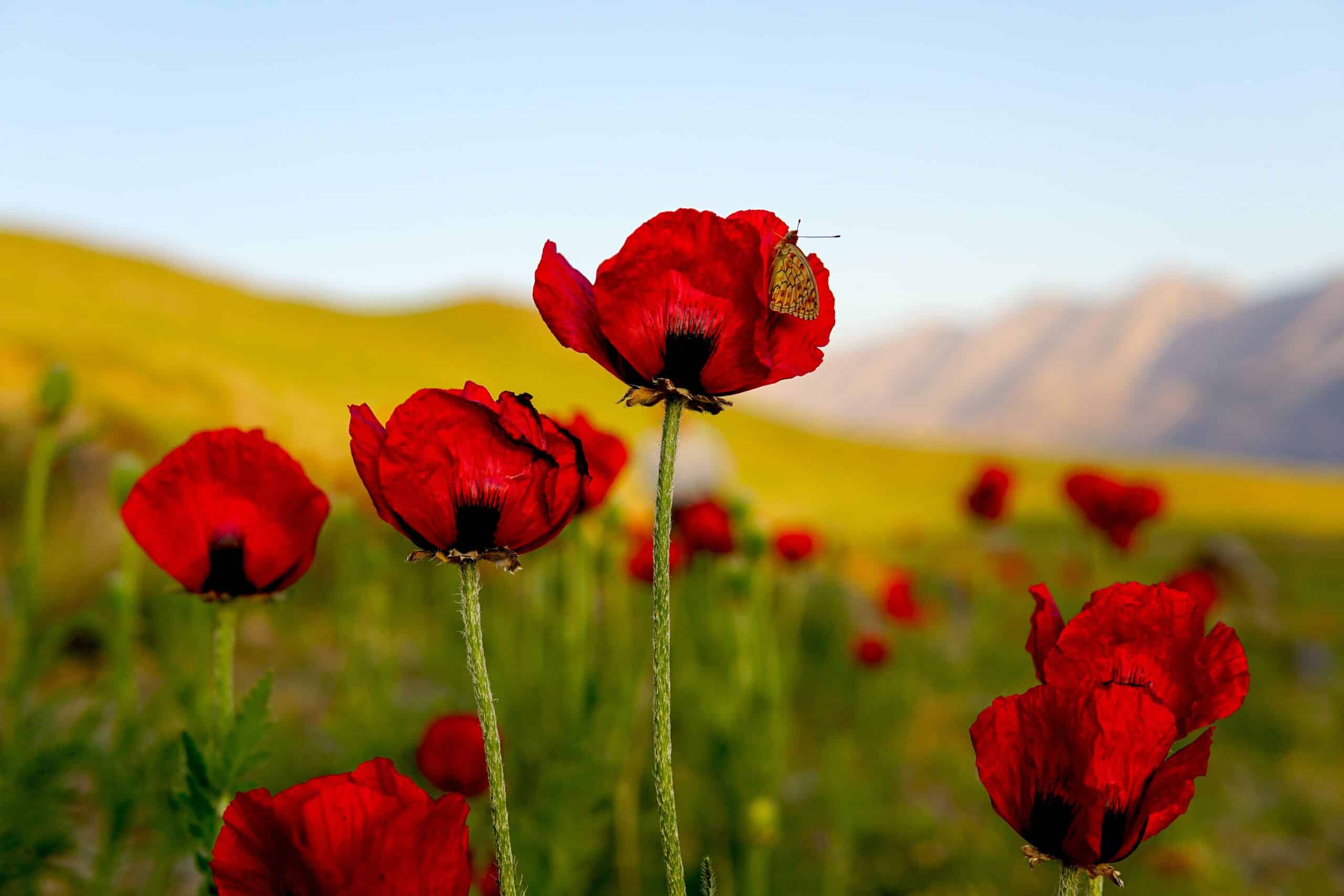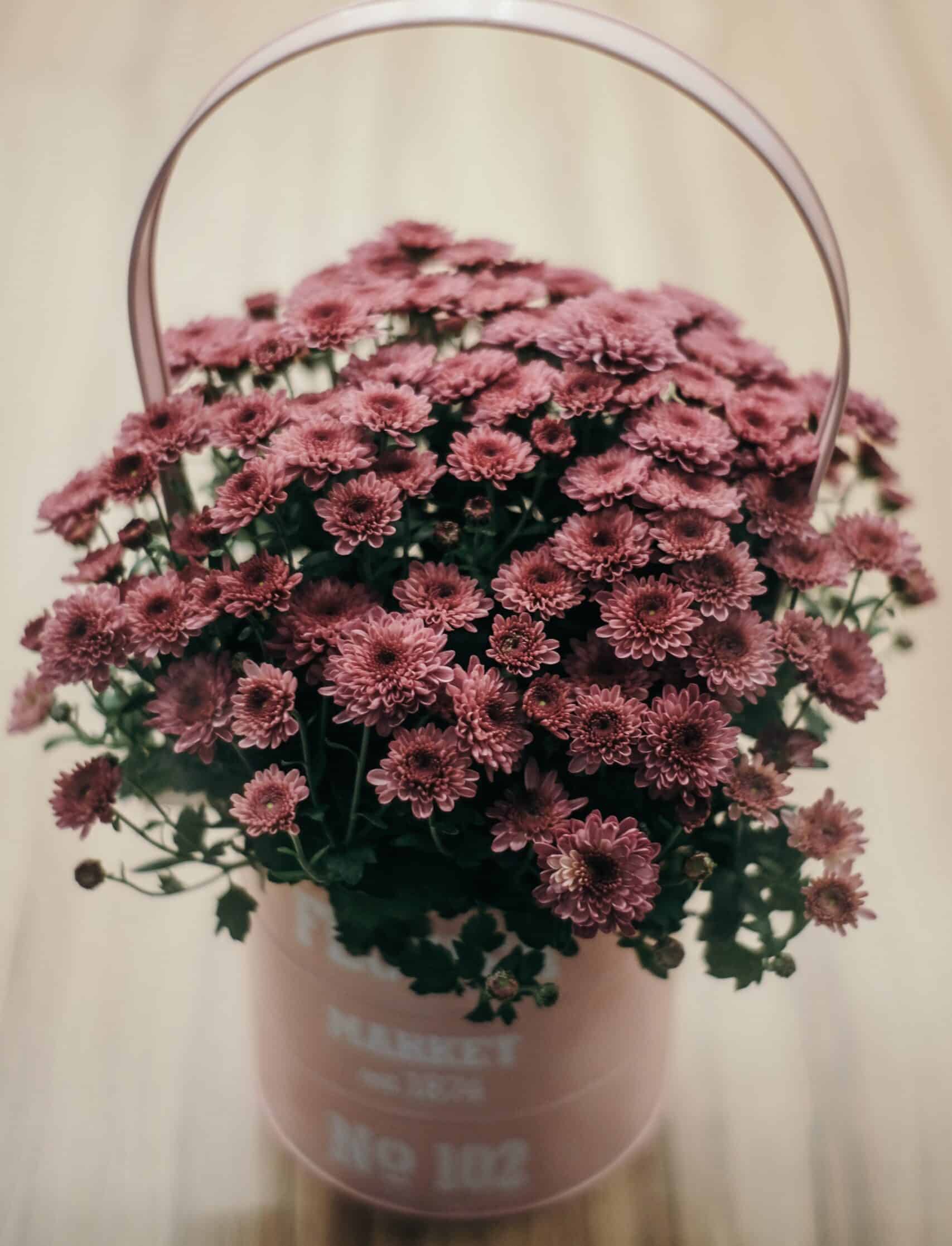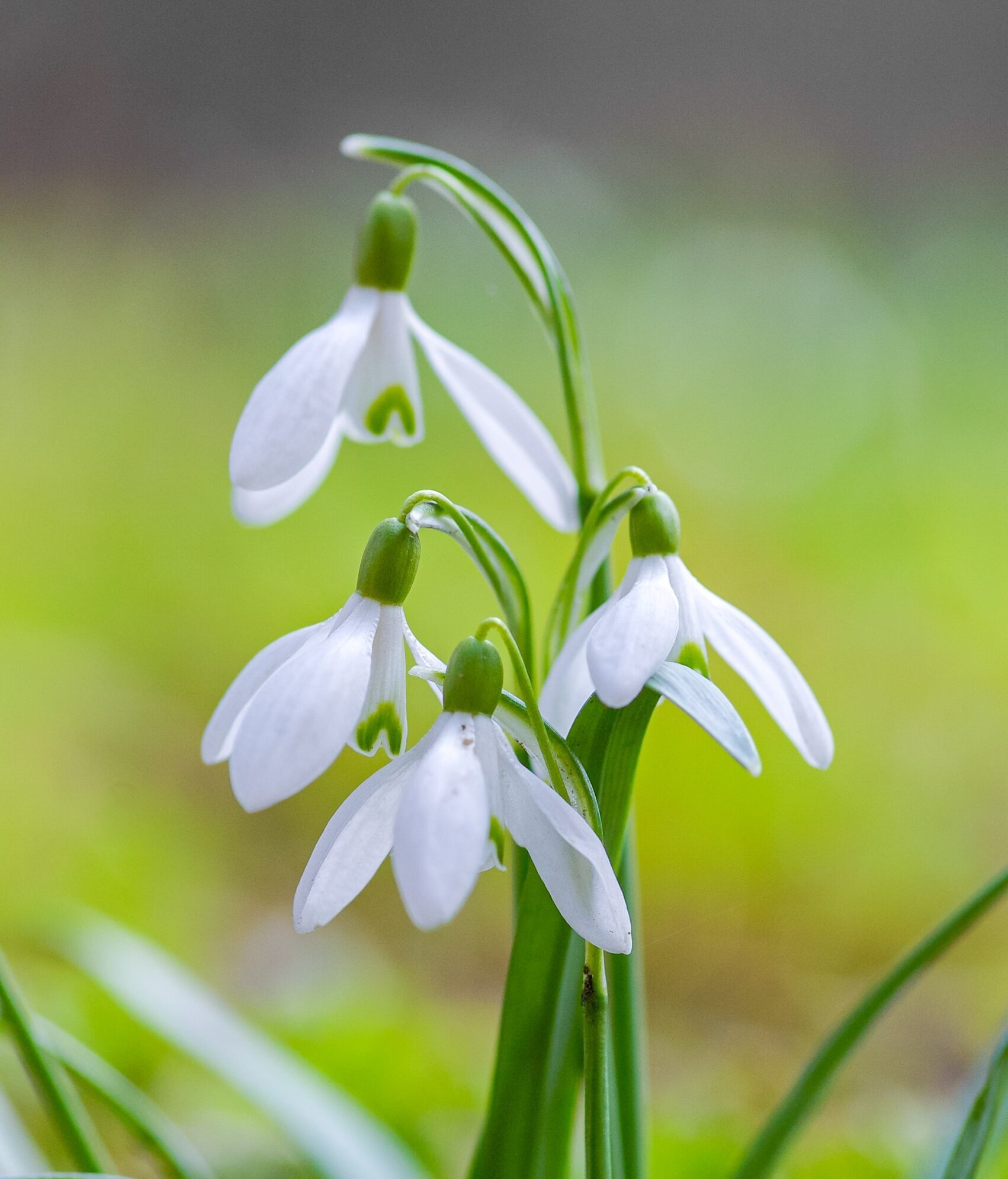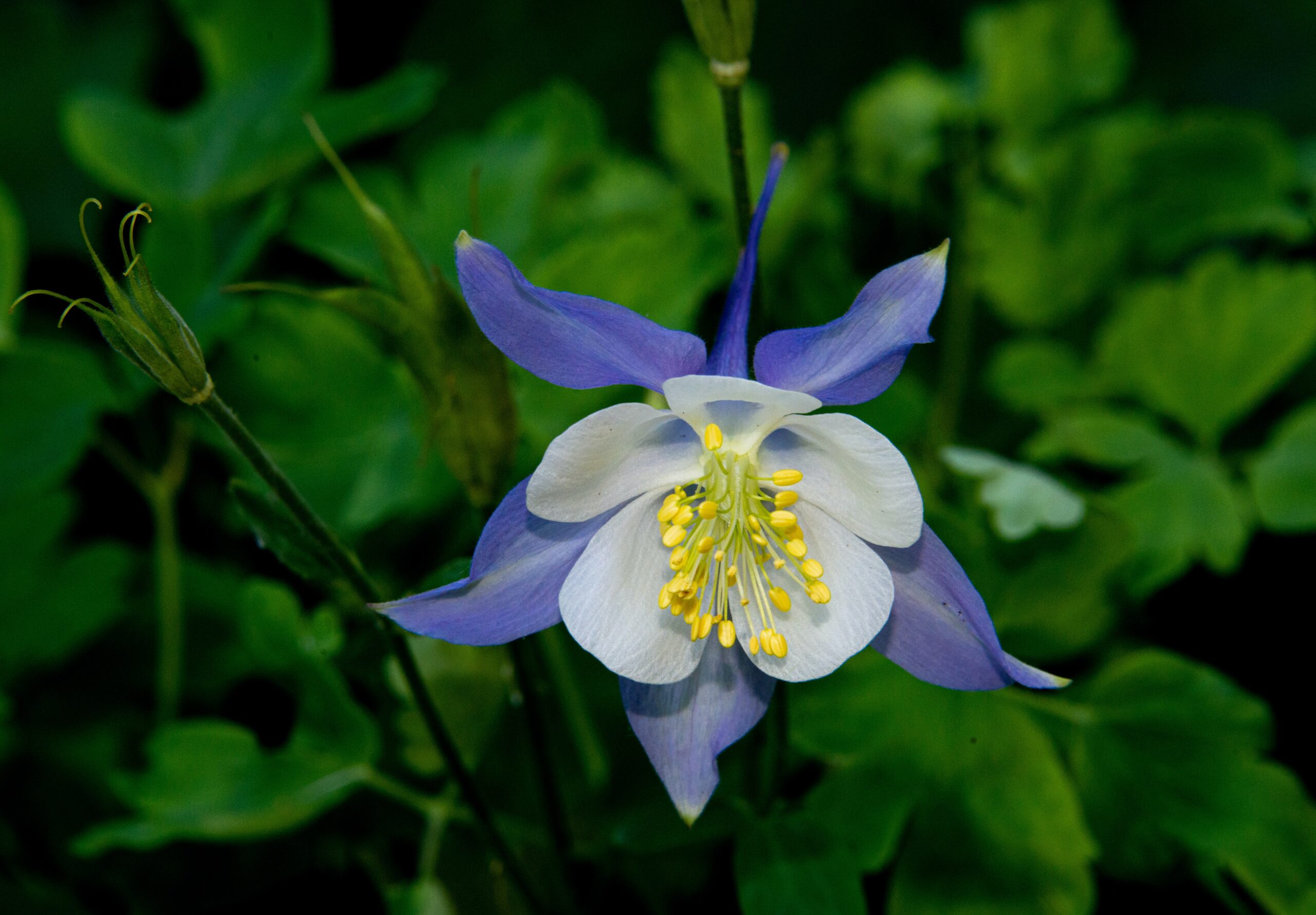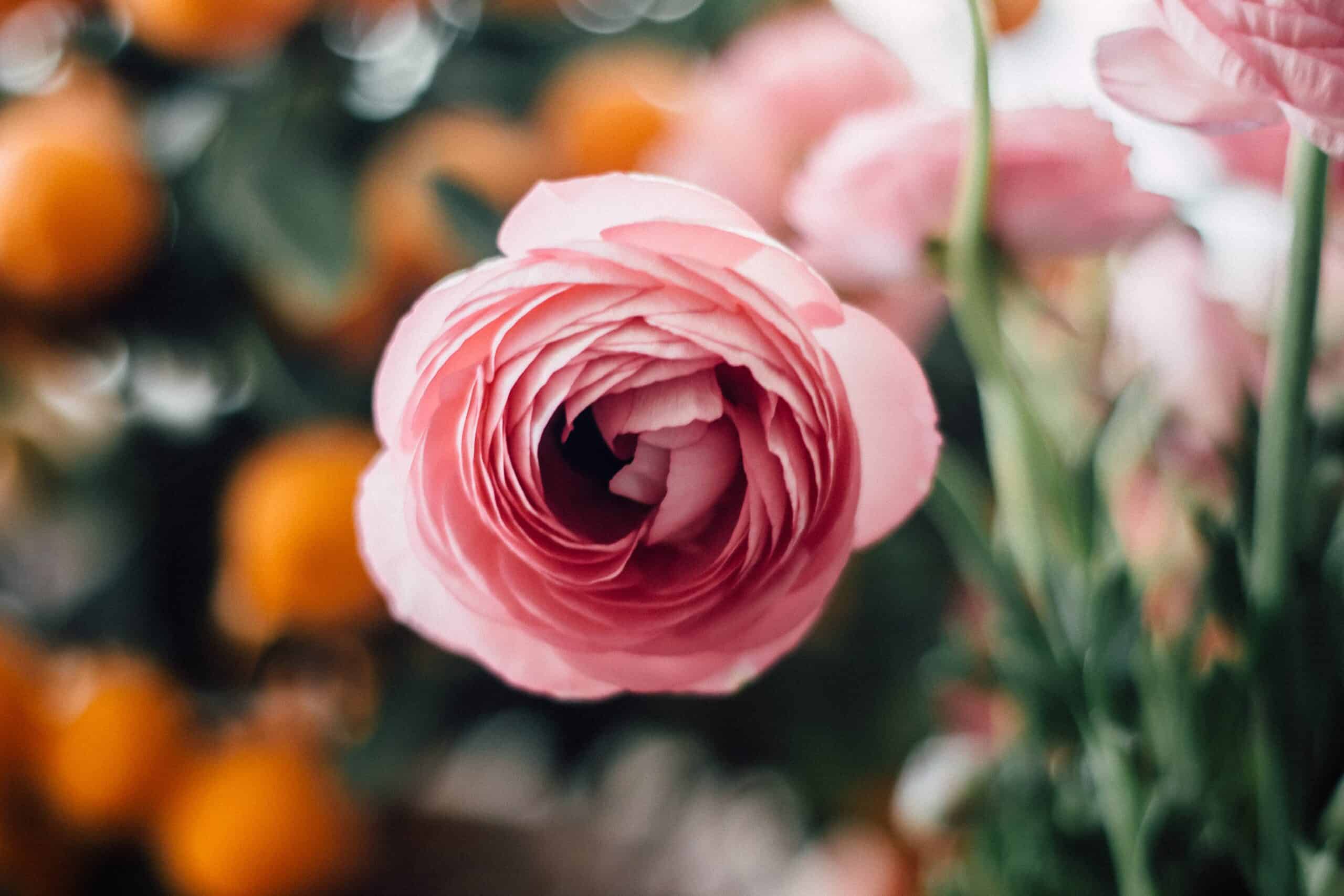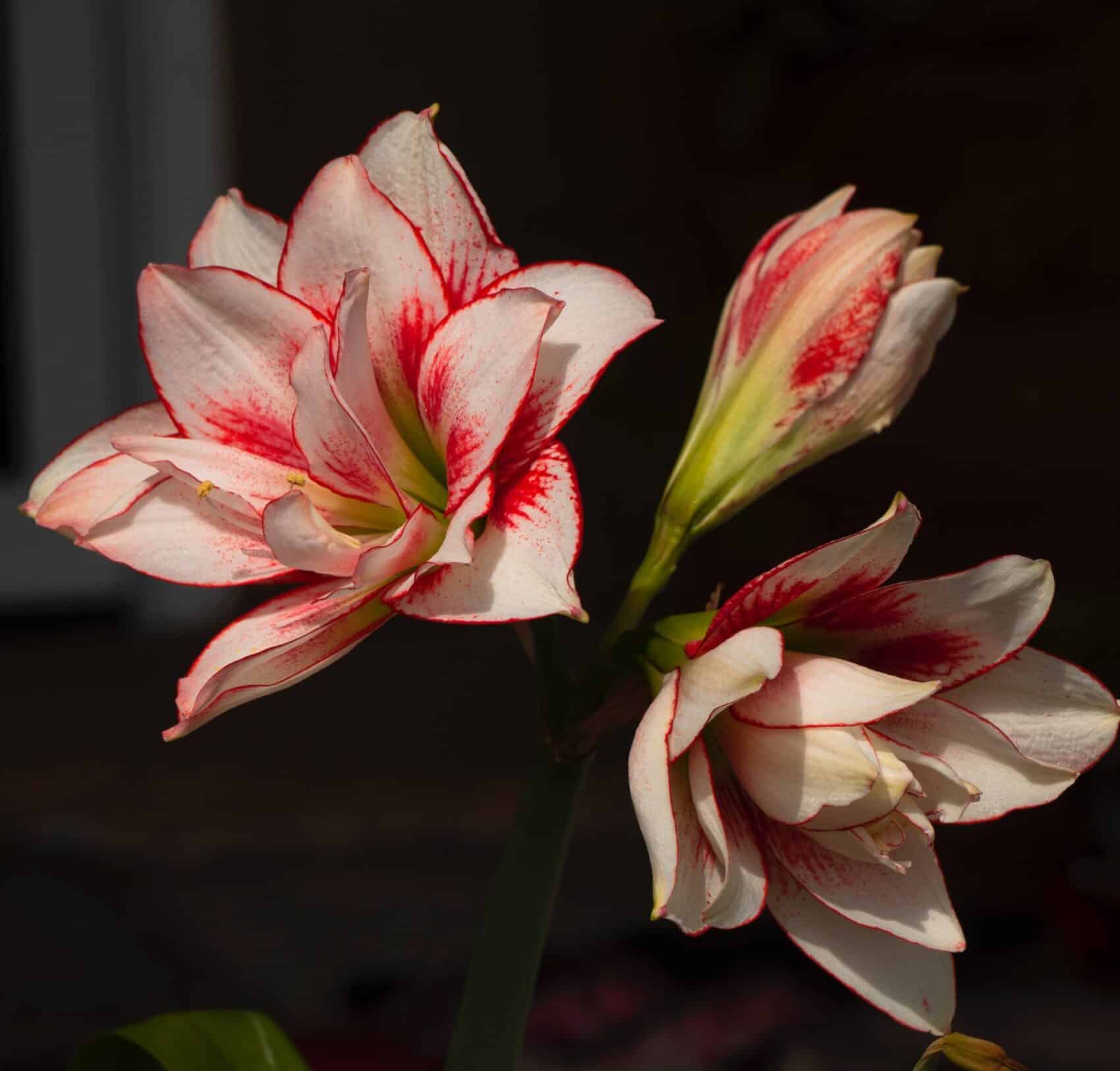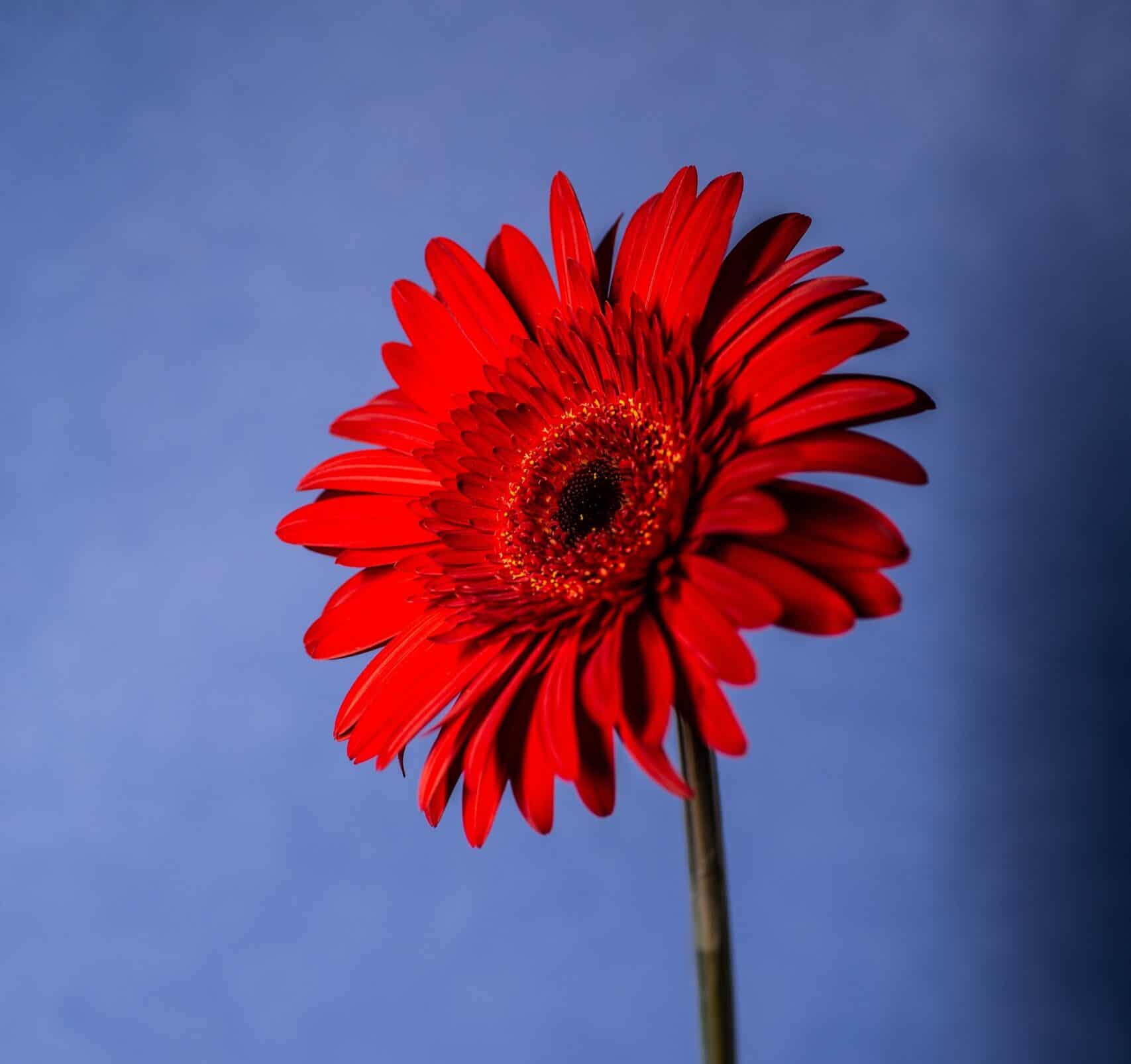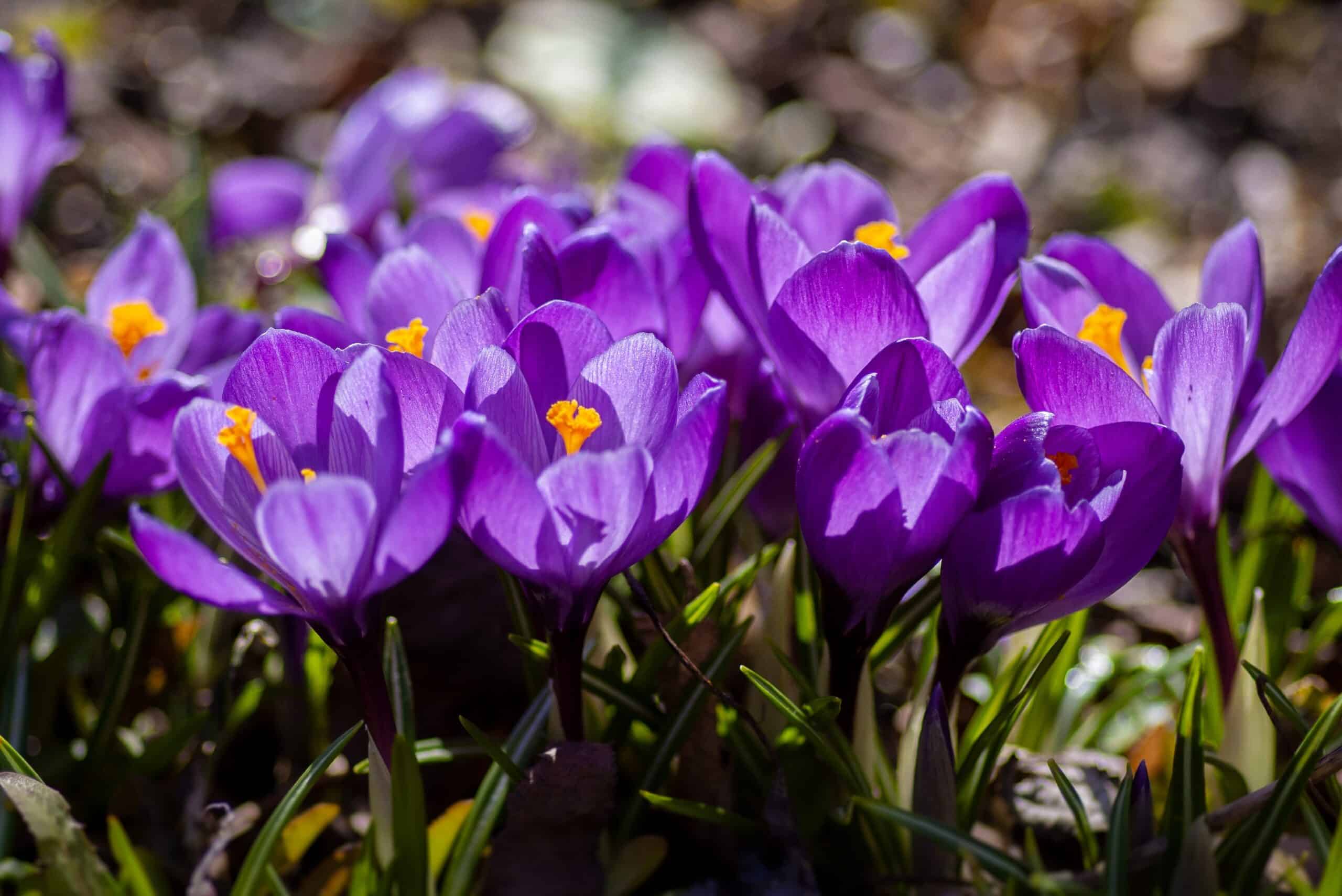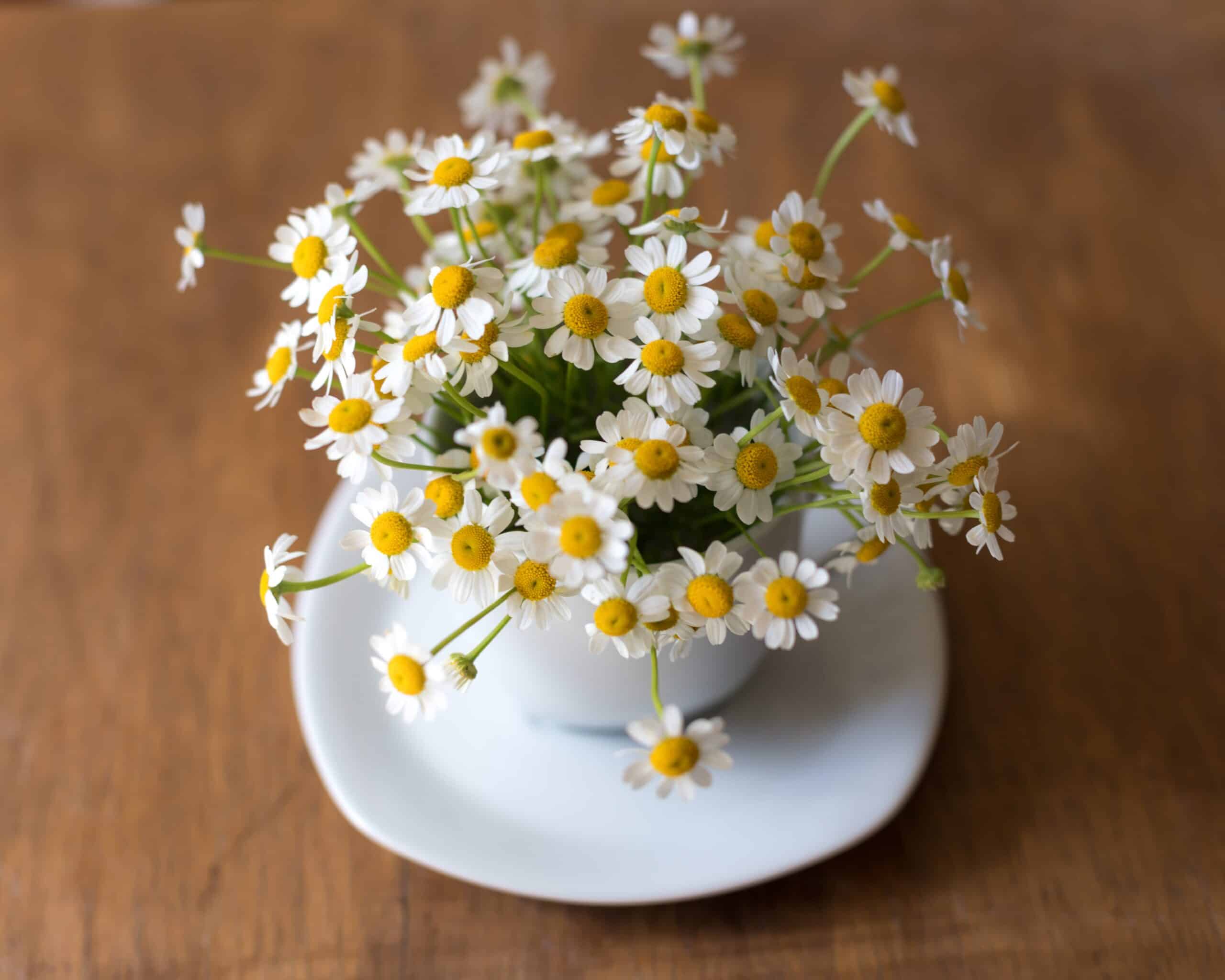The poppy has long been used as a symbol of peace and remembrance. It’s believed that the first poppies were grown by soldiers during World War I, who grew them from seeds brought back from France. Poppies grow best in sunnier locations but will tolerate some shade. They don’t like cold weather, so sow in spring or autumn. Let’s discover more about how to grow poppies.
Poppies grow best in fertile, moist soil rich in organic matter. They like light shade but will tolerate some sun. The flowers appear on tall stems from June through September.
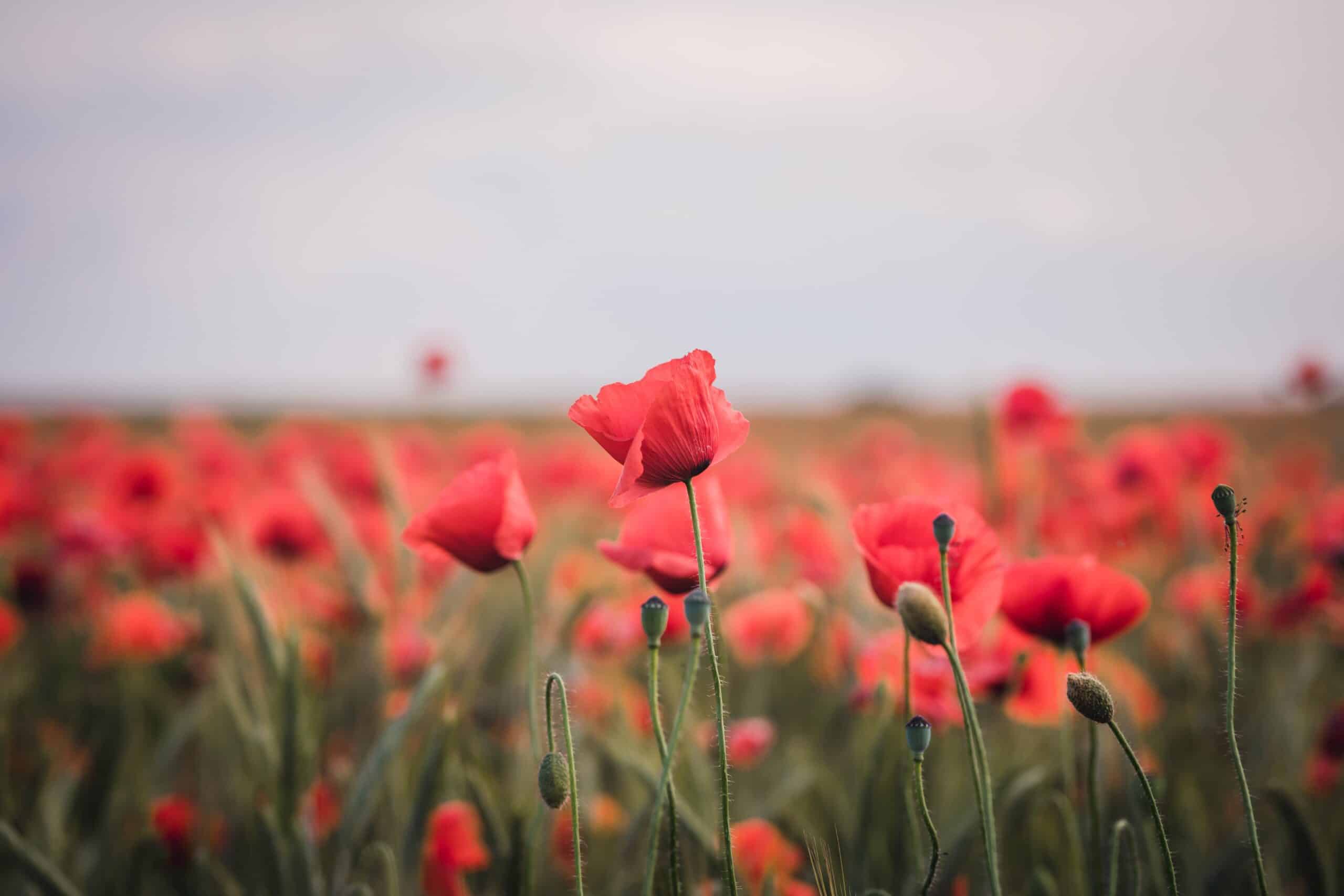
History of Planting Poppies
The poppy has long been associated with remembrance in its name (Papaver rhoeas) and appearance. It was used in ancient Greece to honor those who died in the war and is still used today at memorial services and funerals. In some countries, including France, Germany, Italy, Poland, Spain, and the United Kingdom, the poppy is also worn as a symbol of remembrance during Armistice Day ceremonies.
When to plant Poppies
Poppies will germinate after three weeks, so it’s best to sow them from late March onwards. They’ll overgrow, reaching flowering size within six weeks. The flowers will last for around two months but don’t produce seeds until they’ve flowered.
Which Poppy variety should you plant?
The most commonly grown varieties include ‘Mesopotamian,’ ‘Egyptian,’ and ‘Desert Gold.’ These three varieties are all hardy and easy to grow. They have similar flowering times but different colors. Mesopotamian has red flowers, Desert Gold has yellow flowers, and Egyptian has white flowers.
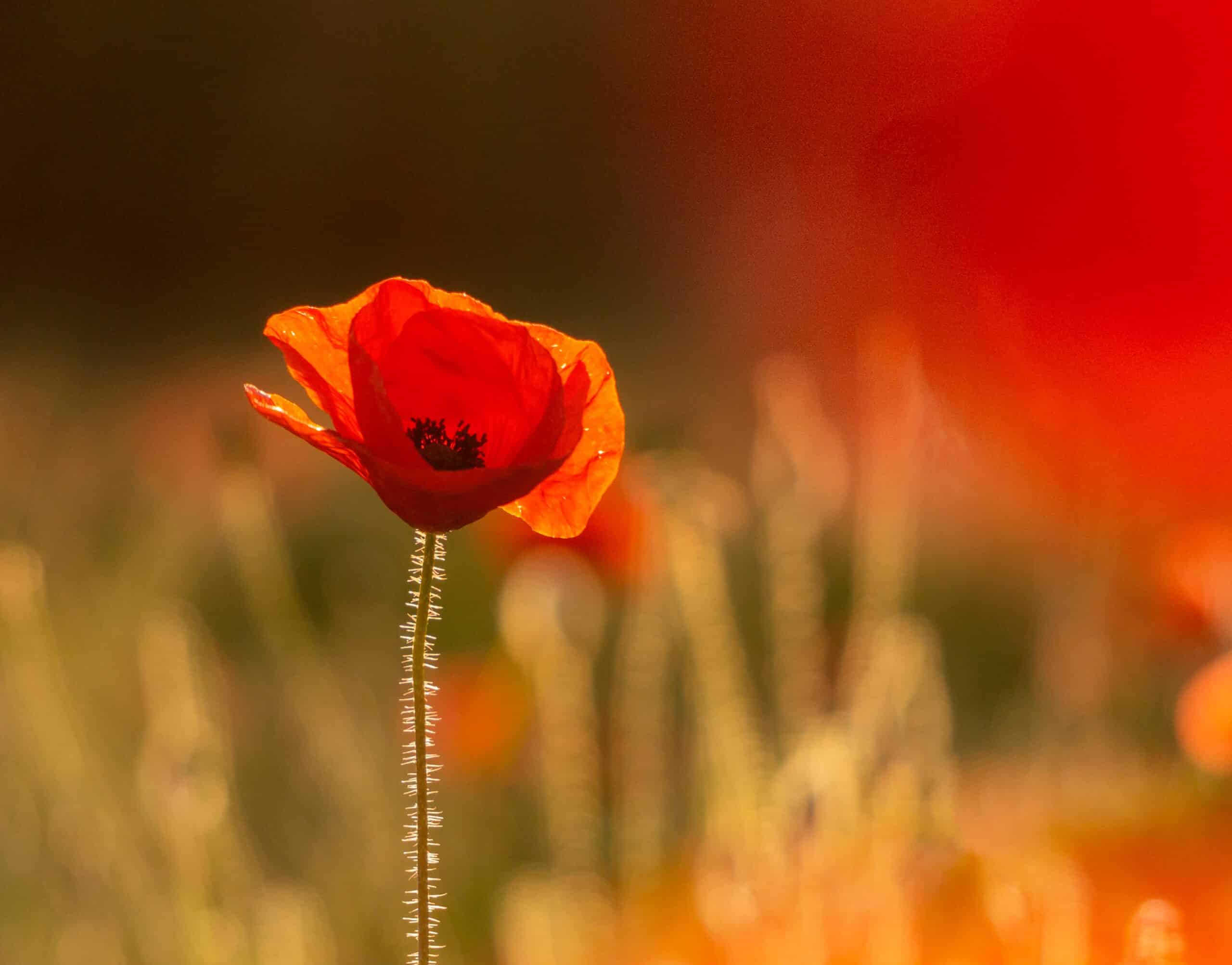
THE BEST PLACE TO PLANT POPPIES?
Poppies are hardy plants and will grow in most soils, but if you live in a cold area, it’s best to plant them in a greenhouse or heated conservatory. If you don’t have either, you could try growing them in pots indoors, but this isn’t ideal because they’ll struggle to cope with fluctuating temperatures. They prefer a sunny spot, so place them near a window or light fitting.
HOW TO PROPAGATE POPPIES
Poppies grow best in a sunny spot but will tolerate some shade. They don’t like too much moisture, so keep them dry during winter. After flowering, cut off all the flowers and leave the plant to die back naturally. This process takes several weeks. The seeds will remain viable for several years if stored properly.
Soil Preparation
Poppy seeds germinate quickly, so sow them at least two weeks before the last frost date. Cover the seeds lightly with soil and keep moist but not wet. Keep the soil warm (above 60°F) until the plants emerge.
Seed Cultivation
Poppy seeds germinate best at temperatures between 15°C (59°F) and 25°C (77°F). They will grow best if watered regularly. The first leaves appear after two weeks. After six weeks, the plant begins to produce flowers.
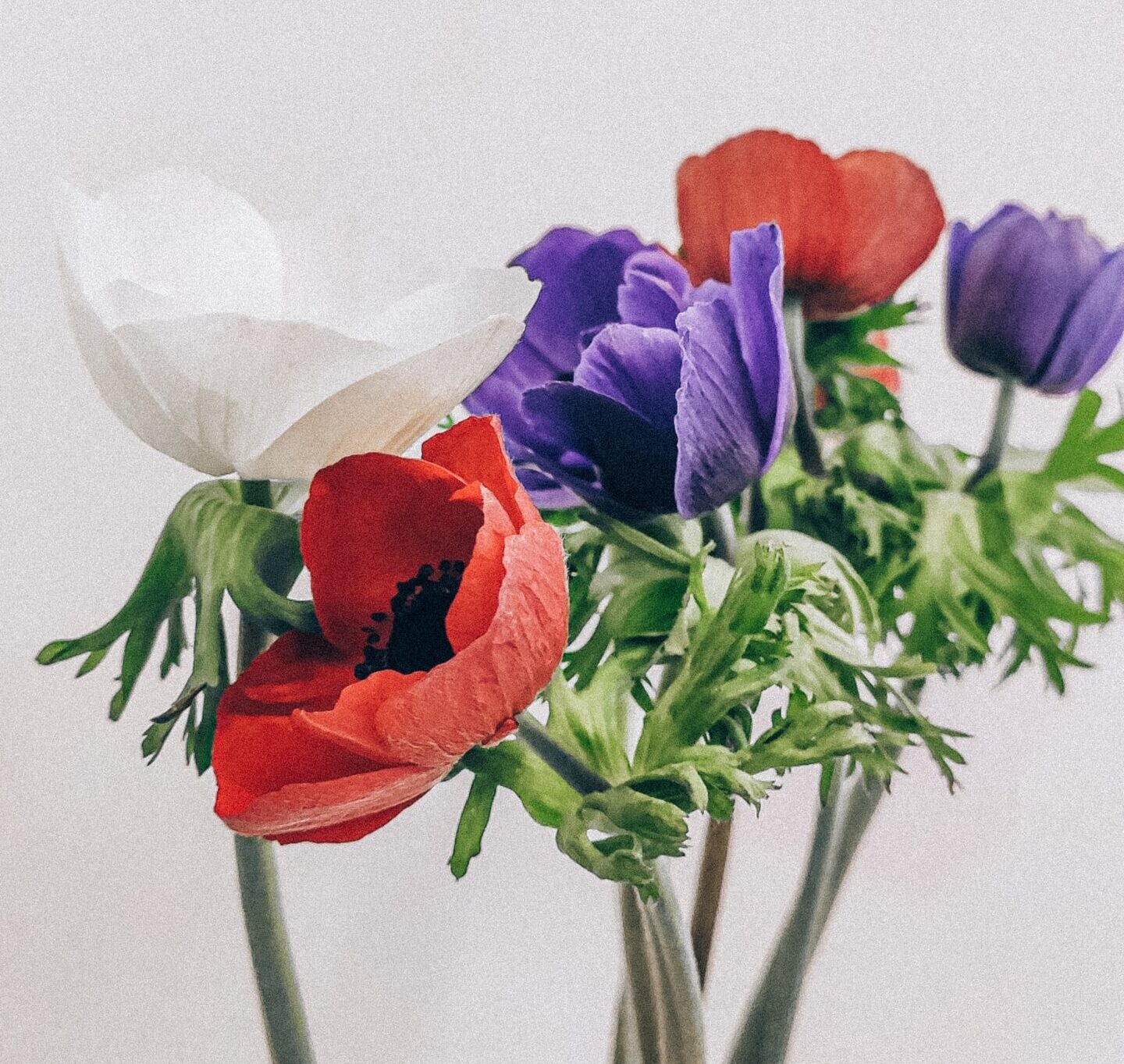
Plant Cultivation
Poppy seeds germinate best at temperatures between 15C and 20C (59F – 68F). They’ll grow best if you keep them warm but not too hot. Keep them moist, but don’t let them sit in standing water. The seeds will sprout after three days. Once the plants start growing, you can transplant them into individual pots.
Water
Poppy seeds are high in protein, fiber, iron, zinc, calcium, phosphorus, magnesium, manganese, copper, vitamin B6, and folate. They contain essential oils and amino acids which may help prevent constipation.
Fertilizer
Poppy seeds are high in calcium, phosphorus, iron, zinc, magnesium, manganese, copper, potassium, sodium, boron, molybdenum, nickel, chromium, selenium, iodine, thiamine, riboflavin, niacin, vitamin B6, folate, pantothenic acid, biotin, pyridoxine, phytates, and folic acid. They contain small amounts of protein, fat, carbohydrates, fiber, vitamins A, C, D, E, K, and B12, and minerals like phosphorous, sulfur, chlorine, and potassium.
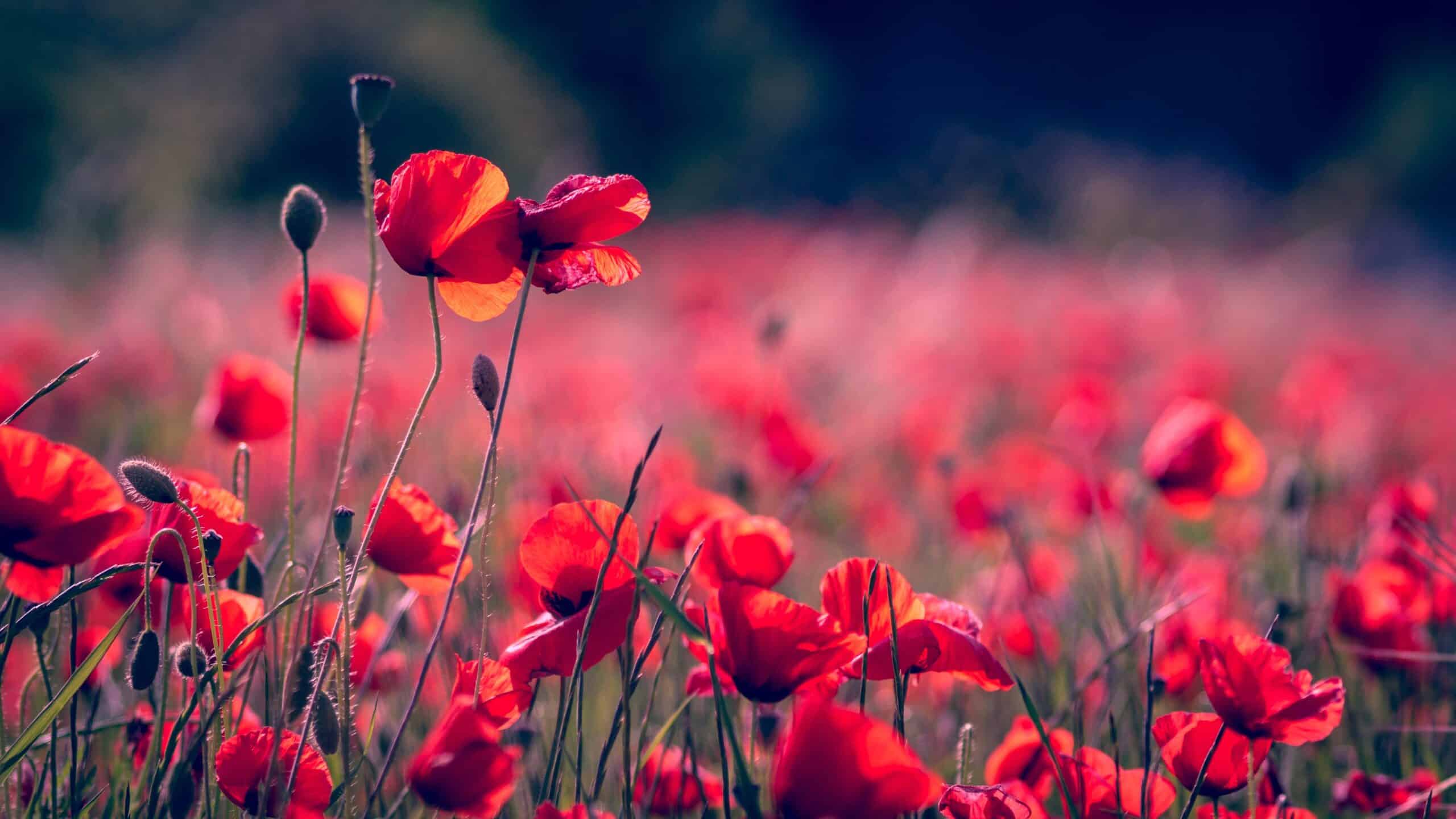
Plant Poppies in the right location
Poppies grow best in light shade but will tolerate some sun. They prefer a pH between 5.5 and 7.0. The soil should be kept moist at all times.
Types of Poppies
The poppy is a biennial plant that flowers once every year. It’s a member of the Papaveraceae family, including the opium poppy (Papaver somniferum) and the common garden poppy (Papaver rhoeas).
Medicinal Benefits of the California Poppy
The poppy plant has been used medicinally for thousands of years. It was once thought to be poisonous, but it’s now known to contain opiates with painkilling properties. There are several different species of poppy around the world, each with its unique chemical compounds.
What we love from Amazon this week
Buy these wonderful flowers directly from Amazon:


